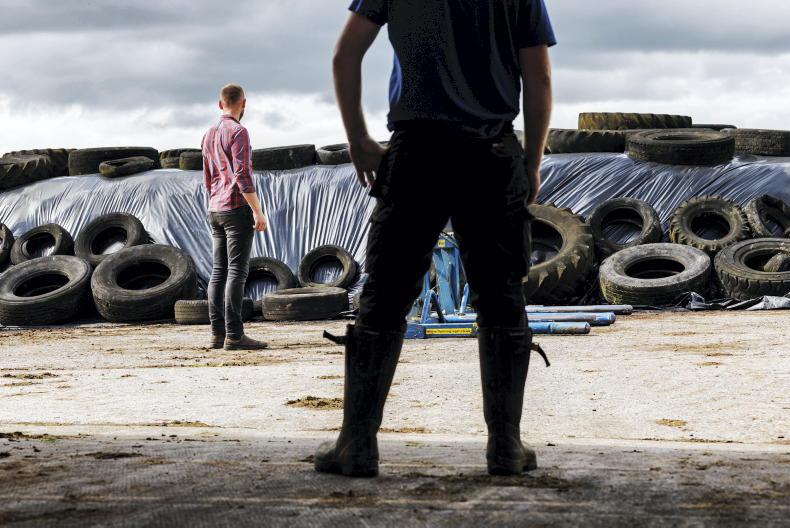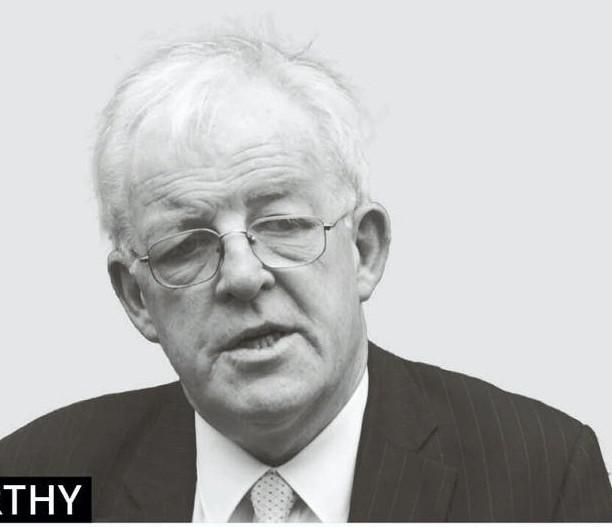Older farmers whose net worth is in excess of €3m have been given a window in which to transfer their properties while avoiding massive capital gains tax (CGT) penalties.
Changes to the tax regime from January 1, 2025 will be crucial to succession planning for farmers and could have serious implications for the inter-generational transfer of successful family-owned agri-businesses which are valued at over €10m.
A revision of the retirement reliefs, which come into effect from next January, will see retiring farmers and business owners who are aged between 55 and 69 able to transfer assets up to a value of €10m to their children without paying CGT at 33%. Currently, the age range is 55-65 and there is no maximum value in place for transfers to children.
Where the farmer or business owner is aged 70 or over, then a €3m cap will apply. This cap currently applies for those aged 66 and over.
Commenting on the changes, Marty Murphy of ifac said the increase in age to 70 is a positive development for farmers. “This change gives more time for the children to return to the farm as a successor before tax becomes an issue,” Murphy said.
“The €10m exemption covers the majority of farms,” he explained. However, Murphy admitted to having “reservations” on the €3m limit which came into force in 2014.
“This limit has never been increased since its introduction,” he said.
Independent tax consultant Declan McEvoy maintained that the changes could have profound implications for family-owned businesses in the agri-trading sector rather than farmers.
Under the current regime, business owners have unlimited relief from CGT when transferring to family members.
Putting a limit of €10m on the CGT relief will bring a number of these businesses into the tax net and will therefore force a reassessment of owners’ plans around transfer to the next generation, McEvoy said.
Many of these firms have additional assets outside their core trading activity, including the actual sites from which the businesses operate and farmland. These assets could readily take the overall value of the firm past the €10m threshold, McEvoy explained.
Where business values exceed the €10m threshold, the option may be to transfer a percentage before the owner reaches 70 years of age – with the remainder passing to the children at death. There is no CGT on transfers to children at death, McEvoy said.
“However, this process will invariably stymie and cause delays in the transfer of businesses; which in turn could lead to other issues down the road, for example possible legal challenges to the will,” McEvoy said.
“Professional advice is required here,” he added.










SHARING OPTIONS